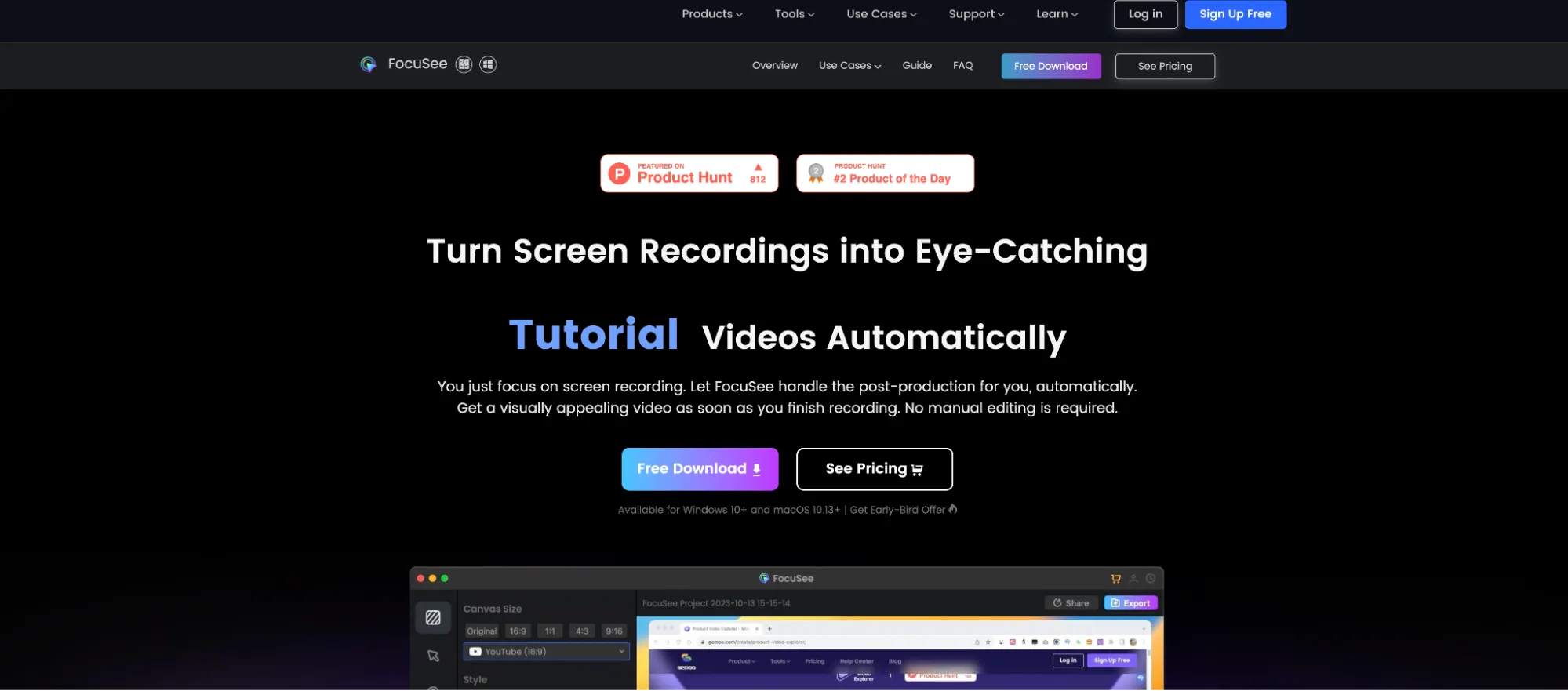
Averting Indecision: Techniques for Streamlining Your Decision Making Process
Stuck in the endless loop of indecision? Learn effective techniques to streamline your decision-making process, paving the way for quicker, more confident choices that drive progress and clarity.
Decision making is an integral part of any team's success. The ability to make effective and timely decisions can set a team apart in today's competitive environment. This is our belief at Bubbles, and the fact we believe a thorough, tailored decision making style can help us exponentially every day formulates the basis for this article. Our hope is that the following seven detailed steps can instil this belief, and can help streamline the decision making process, ensuring that decisions are both efficient and effective, and turning our audience into experts of rational decision making.
1. Establishing a Decision Making Model
The first step in enhancing decision making is to establish a clear decision making model. This model serves as a roadmap, guiding the team through the decision making process. A popular model is the rational decision making model, which emphasizes logical evaluation and systematic analysis of information. This model helps in making sound decisions by providing a structured approach, which is crucial in avoiding decision fatigue. It involves identifying the problem, gathering information, evaluating alternatives, and finally making the decision. Through clarity here, we can avoid becoming satisficers, who use bounded rationality to appease themselves with the bare minimum, rather than the best possible decision. Profound rationality can help us in many ways, and as such, the dangers of bounded rationality as a poorly found decision making style are clarified in the Bubble below.
Let's talk about bounded rationality
2. Utilizing Decision Making Tools
Tools like decision matrices and SWOT analysis are integral in enhancing the decision making skill of a team and ensuring a more rational decision making process. A decision matrix, in particular, allows teams to make a decision by systematically weighing various options against a set of relevant criteria. This structured approach is essential in reducing biases, aiding in making an informed decision, and streamlining the decision making process. By applying a decision matrix, team members can evaluate each option based on factors like cost, benefits, feasibility, and impact, leading to a more balanced and objective decision.
Similarly, SWOT analysis is a strategic tool that aids in intuitive and rational decision making. It helps teams in identifying the strengths, weaknesses, opportunities, and threats related to a particular decision. This comprehensive analysis ensures a thorough evaluation of potential outcomes, helping the decision maker to make a choice that aligns with both the short-term and long-term strategic objectives of the organization. Through SWOT analysis, teams can gather information, prioritize their options, and mitigate risks by preparing for possible challenges while simultaneously addressing decision fatigue through clear framework.
3. Balancing Rational and Intuitive Approaches
Effective decision making often requires a balance between rational decision making and intuitive decision making. Rational decision making is based on logic, facts, and analysis, aligning closely with the rational choice theory. It's about making decisions that are logical and well-informed. Intuitive decision making, on the other hand, relies on gut feelings and instincts. It's about making decisions based on what feels right. A combination of both can lead to more comprehensive decision making, where both facts and instincts are considered, with the latter also aiding an avoidance of analysis paralysis by allowing a decision maker freedom not to overthink.

4. Prioritization and Managing Decision Fatigue
Prioritizing decisions is key in managing decision fatigue. Not every decision requires the same level of attention and detail, hence intuitive decision making being key. By prioritizing which decisions are most critical, teams can allocate their time and resources more effectively, and again, avoid analysis paralysis and overanalyzing leading to delayed decision making. Prioritization ensures that the most important decisions receive the focus they need.
5. Gathering and Analyzing Information
One of the most crucial steps in the decision making process is gathering information. A well-informed decision is often a well-made decision. Teams need to gather relevant data, ensuring they have all the facts needed to make a decision. This step is about collecting and analyzing information to understand the problem better and identify potential solutions. However, it's important to be wary of overconfidence and ensure that the information gathering process does not become an end in itself.
6. Acknowledging and Overcoming Biases
Bias in decision making can lead to bad decisions. Cognitive biases, such as confirmation bias or overconfidence, as mentioned, can unconsciously influence decision making, leading teams to make choices that are not in their best interest. It's important for decision makers to be aware of these biases and take steps to mitigate their impact. This can involve seeking diverse perspectives, challenging assumptions, and focusing on facts rather than opinions.
7. Involving Stakeholders and Considering Consequences
The final step in the decision making process is to consider the consequences of the decision and involve relevant stakeholders. Every decision has an outcome that can affect various stakeholders. Teams need to evaluate these outcomes, considering how the decision will impact the organization and its stakeholders. Involving stakeholders in the decision making process can also provide additional insights and ensure that different perspectives are considered.

In conclusion, at Bubbles, we deeply value the art of effective decision-making. Adopting some decision making techniques, but also making sure we strike a balance between rational and intuitive approaches, is not just a procedural enhancement; it's a transformative strategy for our business. By prioritizing decisions, meticulously gathering and analyzing information and data, and actively overcoming biases and challenging hypothesis' from colleagues and partners, we ensure that our choices are not only strategic but also deeply informed. This approach empowers our team at Bubbles to make decisions that are not merely reactive, but proactive and aligned with our organizational goals.
This also means our focus lies in not succumbing to groupthink, and while we deeply consider stakeholder impact in our decision-making process to reflect our commitment to thoughtful and responsible business practices, we also value constructive criticism and querying ideals where appropriate. By integrating these methodologies, we've seen firsthand how well-informed and carefully but deeply considered decisions lead to improved business outcomes. They foster an environment of clarity, efficiency, and innovation, which are essential for thriving in today's competitive landscape. At Bubbles, we believe that making the right decision in the right way is paramount to our success, and these techniques, as well as general intuition within these processes, have been instrumental in guiding our team towards achieving this pinnacle.
Make your
meetings matter
Loved and trusted by 100,000+ users:
- Automatically Record and Transcribe Meetings
- Extremely Accurate Notes, Summaries, and Action Items powered by AI
- Works with Zoom, Google Meet, and Microsoft Teams
- Save time and follow-up with quick async videos
Simply connect your work Google or Microsoft Calendar to get started.
Collaborate better with your team
Get your point across using screen, video, and audio messages. Bubbles is free, and offers unlimited recordings with a click of a button.
.png)
Collaborate better with your team
Get your point across using screen, video, and audio messages. Bubbles is free, and offers unlimited recordings with a click of a button.
.png)











